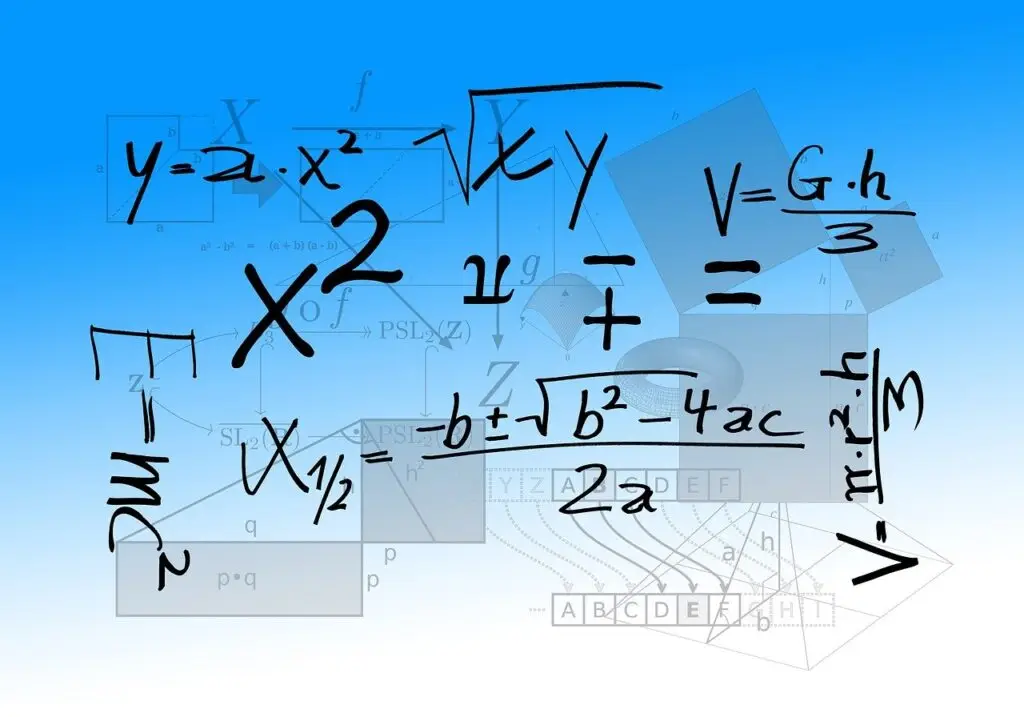Introduction
Let’s face it—algebra can seem like a maze of numbers, letters, and symbols. But here’s the good news: it doesn’t have to be complicated. With the right approach, anyone can master algebra and unlock its amazing potential. From solving everyday problems to boosting your logical thinking, algebra is a skill worth mastering. Ready to dive in? Let’s make it easy!
Building a Strong Foundation
Understanding Basic Concepts
Before you start algebra, make sure you know the basics:
- Variables: These are symbols (like x or y) that represent unknown values.
- Constants: Fixed numbers that don’t change.
- Coefficients: Numbers placed in front of variables to indicate multiplication.
Importance of Arithmetic Skills
Think of arithmetic as the foundation of algebra. Brush up on addition, subtraction, multiplication, and division—these skills are crucial when simplifying equations or balancing both sides.
Learn Algebraic Techniques

Solving Equations Step-by-Step
Start simple. For example, solving linear equations such as 3x + 5 = 11
- Subtract 5 from both sides: 3x = 6 .
- Divide by 3: x = 2.
Always do the same operation on both sides. Break it down step by step.
Getting a Handle on Exponents and Polynomials
Exponents are shorthand for repeated multiplication. For instance, 2^3 means 2 × 2 × 2 = 8.
Polynomials? They’re just expressions composed of terms. For example, 3x^2 + 2x – 5 is a polynomial. Practice first how to add, subtract, and multiply them.
Practice Makes Perfect
Importance of Daily Practice
Just as any other skill, algebra becomes better with practice. Devote 20–30 minutes of every day to practicing exercises.
Using Practice Exercises Wisely
Select a combination of problems, ranging from straightforward to challenging. Focus on understanding the process, not just the right answer.
Problem Solving Strategies
Complex Problems
Big problem? Break it into smaller steps. For instance, in 2(x + 3) = 10:
- Divide both sides by 2: x + 3 = 5.
- Subtract 3: x = 2.
Mistakes to Avoid
- Forgetting to flip the inequality sign when multiplying/dividing by a negative.
- Skipping steps—write everything out!
Learning Resources

Algebra Books and Manuals
Algebra for Dummies-consider this your lifeline.
Online Tutorials and Applications
Khan Academy, Photomath- these interactive services made learning enjoyable and interactive.
Practice It
Algebraic Games and Puzzles
Games like DragonBox or math riddles are interesting activities.
Group Study Sessions
You can meet with friends to solve tough problems together.
Applying Algebra in Daily Life

Budgeting and Finance
Budgeting. Algebra is a useful tool to keep track of spending and saving.
Sports and Game Strategies
Sports analytics might also include algebra to project outcomes and develop strategies.
Algebraic Challenges: How to Overcome
Overcoming Frustration
Take time off. Frustration is common—sometimes just step away and come back with a clearer mind.
Asking for Help
Don’t be afraid to ask teachers, friends, or tutors for help. Everyone has a starting point!
Algebra doesn’t have to be intimidating. If you build a good foundation, practice regularly, and use these tips, you’ll not only understand algebra but enjoy the process. Grab your notebook, start solving, and watch your skills soar!
Frequently Asked Questions
What is the best way to begin learning algebra?
Start by understanding basic concepts like variables and equations.
How much time should I spend on algebra each day?
20-30 minutes of focused practice every day can bring a lot of results.
Why is algebra so important?
It’s very helpful in sharpening problem-solving skills and applying itself to everyday life.
How to improve algebra problem-solving?
Practice regularly, review the mistakes, and ask when you need it.
What do I need to get started? Some good resources for starters
Khan Academy, Algebra for Dummies, and many apps like Photomath.
Read More Artical AptSteep.Com

